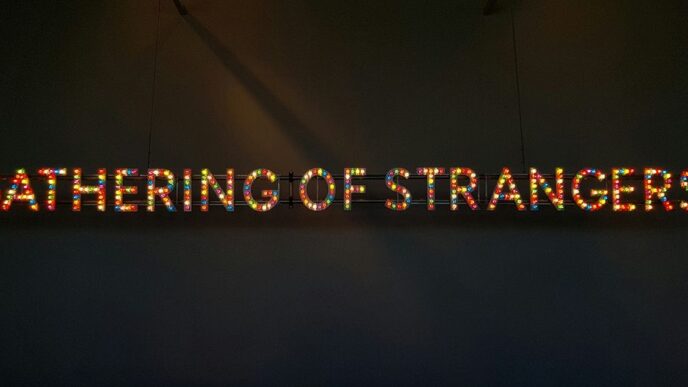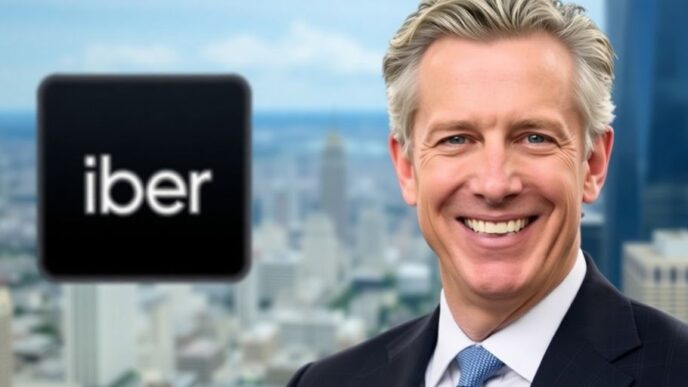The Financial Conduct Authority (FCA) has called the UK’s current overdraft market “dysfunctional” and is asking banks to explain how they have calculated their new interest rates on overdrafts – many of which have been upped to 39.99%.

Lloyds is one of the latest banks to introduce 39.99% rates
“We have now seen the major banks and building societies release their new rates – with most setting very similar prices,” says the regulator. “The FCA has been in regular contact with the major banks and has written today [28 January 2020] to ask them to provide evidence of how they have arrived at their pricing decisions.”
The FCA expects the banks to share their plans on how they will help those customers most affected by the “confusing fees and charges” which it reminds the banks in its statement “have been banned”.
To help, the regulator says firms “could reduce or waive interest, offer a continuation of overdraft borrowing at current rate of interest, or agree a repayment programme – including a personal loan”.
Incumbent banks Santander, Lloyds Banking Group, Nationwide and HSBC, as well as sibling banks First Direct and M&S Bank, are all set to increase their highest interest rates to 39.9%.
Read more: FCA stirs up competition for banks’ easy access saver accounts
The FCA’s interim chief executive Christopher Woolard tells the BBC’s Today programme that seven in ten of the major banks’ customers would be “better off or unaffected” by the new overdraft rules, which come into force in April this year.
The new rules, designed to spur competition, prevent banks and building societies from charging higher prices for unarranged overdrafts by getting banks to introduce just one simple overdraft interest rate. But instead of driving competition, most banks have landed on the same 39.99% rate.
Challenger banks Monzo and Starling are also set to hike up their fees. Monzo has said it will be replacing its 50p per day fee on all borrowing over £20 with a set of interest rate charges ranging from 19% to 39%, whilst Starling is set to add 25% or 35% interest rate charges on overdrafts depending on customers’ credit scores.
The UK regulator still argues that the rules will benefit customers overall and competition will prevent rates going up too much.
Read next: Goldman cuts personal lending after launching Apple card











